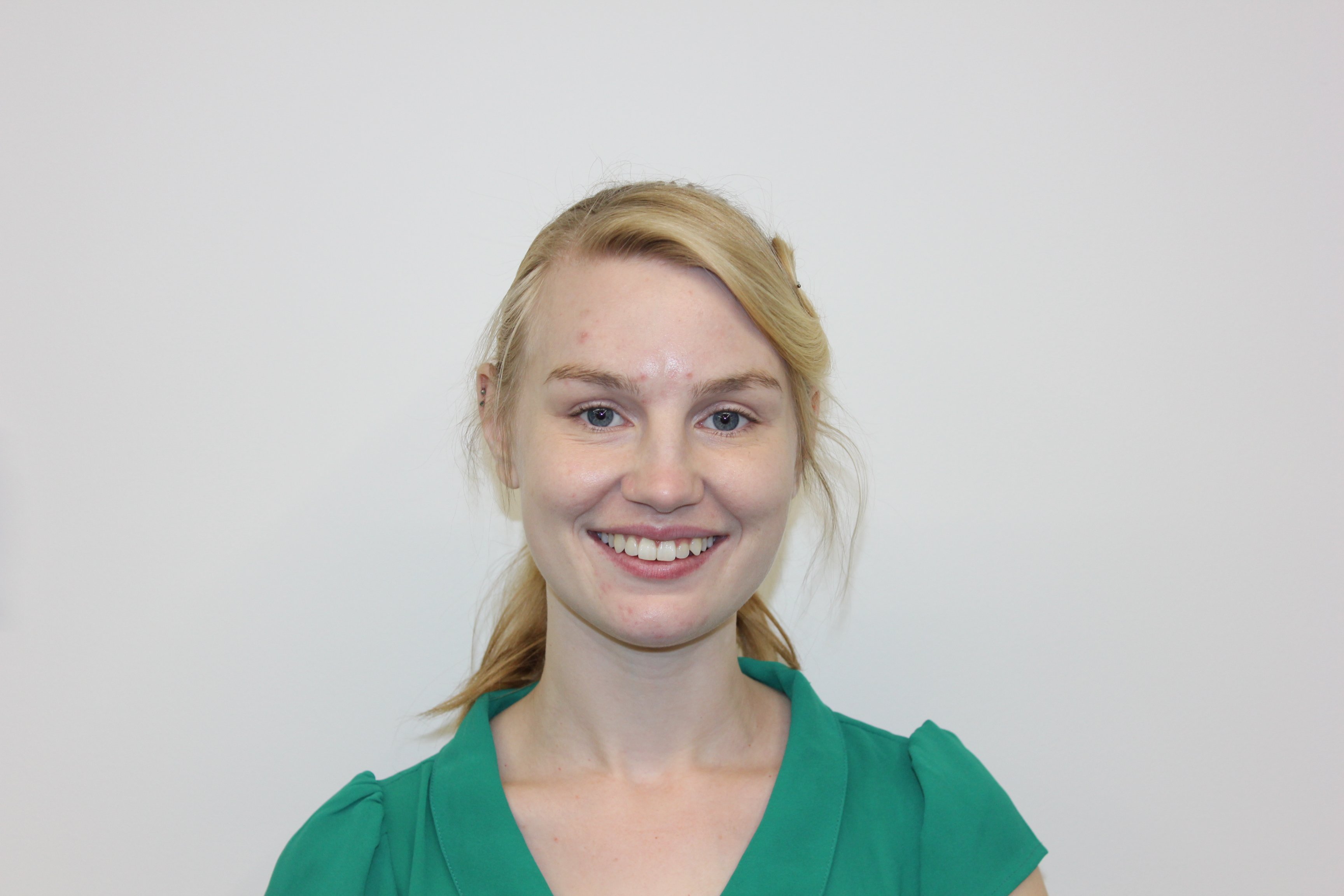Search
Besides the challenges associated with their teenage years, adolescents with Type 1 Diabetes (T1D) encounter additional challenges of having a chronic condition.

Co-head, Diabetes and Obesity Research

Research Assistant
Patients with adrenal insufficiency are at risk of adrenal crisis, a potentially life-threatening emergency in the peri-operative period due to their attenuated ability to mount a cortisol response.
This study evaluated the efficacy of using a hybrid closed loop system in restoring hypoglycemia awareness in individuals with impaired awareness of hypoglycemia. Participants with IAH (Gold score ≥4) were recruited into a randomized crossover pilot study.
The goal of therapy in Type 1 diabetes is to achieve optimal glycaemic targets and reduce complications. Robust data representing glycaemic outcomes across the lifespan are lacking in Australasia.
Study question: Do the epigenome-wide DNA methylation profiles of adolescents born from ART differ from the epigenome of naturally conceived counterparts? Summary answer: No significant differences in the DNA methylation profiles of adolescents born from ART [IVF or ICSI] were observed when compared to their naturally conceived, similar aged counterparts.
We surveyed 2200 potentially eligible titles on PubMed and other common search engines for manuscripts on “exercise, nutrition, and diabetes” published between July 1, 2019, and June 30, 2020. This year's articles tended to focus on testing new applications for exercise management, including new insulin treatment approaches, wearables, and new smartphone applications.
The pattern and quantity of insulin required for high protein high fat (HPHF) meals is not well understood. This study aimed to determine the amount and delivery pattern of insulin required to maintain euglycaemia for five hours after consuming a HPHF meal compared to a low protein low fat (LPLF) meal.
In this narrative review, we provide an overview of the role of physical activity as part of differing exposomes (our combined non-genetic exposures from conception onwards) and environmental influences on metabolic health. We discuss 'beneficial' exposomes (green/natural outdoor spaces, sun exposure, healthy diets and features of built environments) that could synergise with physical activity to prevent metabolic dysfunction, particularly that related to lifestyle diseases of obesity, type 2 diabetes and metabolic syndrome.
